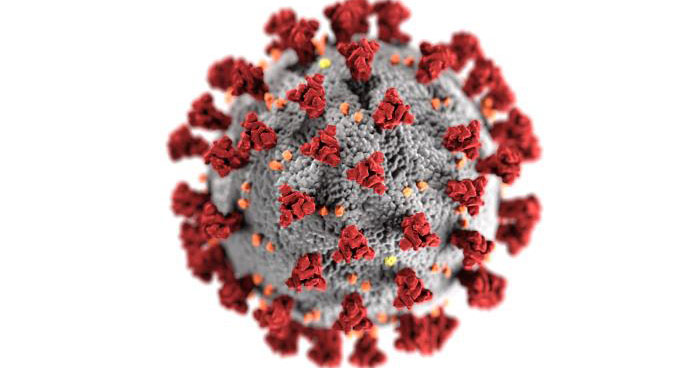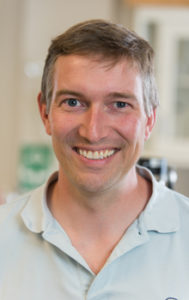
Much is still unknown about the transmission of SARS-CoV-2. That includes the extent to which the virus spreads through tiny particles called aerosols dispersed via speech or breath, in addition to the more widely accepted view of transmission through respiratory droplets. A national panel of experts will convene Aug. 26-27 to discuss this topic of pressing concern for public health.
The Environmental Health Matters Initiative, part of the National Academies of Sciences, Engineering and Medicine, will host the two-day virtual workshop to delve into the rapidly evolving science around the spread of the virus that causes COVID-19. It will serve as a forum for interdisciplinary discussion, explanations of basic foundational sciences, and clarification of terminology across different fields.
The organizing committee for the free, public event includes John Volckens, professor in the CSU Department of Mechanical Engineering and a faculty member in the Colorado School of Public Health and the CSU Energy Institute. Volckens is an expert in aerosol technology, exposure science and air pollution-related disease.

Volckens will moderate the session “Critical Question 3: What factors determine personal exposure to infectious particles?” He will also serve as a synthesis speaker to summarize findings. As an organizer, Volckens has helped to define the agenda for the national event, developed critical questions to be posed, and helped with selection of speakers, among them two other experts from the Colorado School of Public Health: Jon Samet, panel committee chair and dean of the School of Public Health, and Shelly Miller, a professor at University of Colorado Boulder.
Volckens was one of three CSU scientists – along with Tami Bond, Scott Presidential Chair and Professor in Mechanical Engineering, and Delphine Farmer, associate professor in the Department of Chemistry – who joined more than 200 others around the world urging enhanced scrutiny into the transmission of COVID-19 via aerosolized particles in a July letter to the World Health Organization. Since then, the WHO has altered its stance on airborne transmission, stating that more study is needed to investigate its importance in disease transmission and response.
For Volckens, being part of the National Academies panel has been a chance to serve the public by giving voice to the science that’s constantly evolving around the pandemic.
“There has been scientific controversy, mixed messages from public health officials, and lots of confusion and uncertainty around airborne modes of transmission of COVID-19,” Volckens said. “This workshop aims to clear much of that up.”